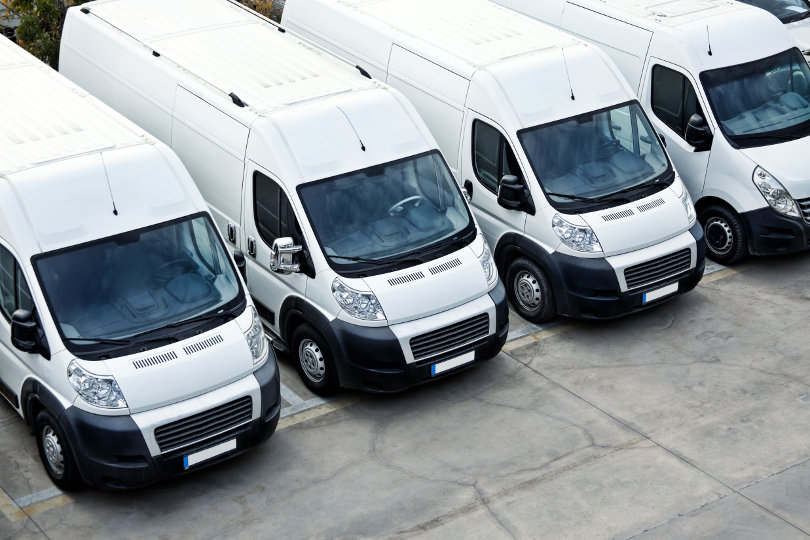Transportation is a major part of the economy, especially in large Western countries where almost any destination can be reached via roads over dry land. With the meteoric rise of businesses like Amazon, on-land transportation is just as important as it ever was, if not more so.

However, business owners are increasingly choosing to lease their vehicle fleets rather than own them, that way, not only do they no have to worry about Novated Lease vs Car Loans, they also can bypass the following problems:
1. Operating a Fleet is Complicated and Unpredictable
The logistics of transportation are already complicated and difficult, which is why businesses exist to manage them. However, there are enough issues already with the transportation itself such that maintenance and management of the vehicles themselves can turn a headache into a nightmare.
Vehicles were never simple, but they’re certainly not as simple as they used to be. They can now require expensive custom software in order to function at peak efficiency for their specific route and function, and that software can be difficult to maintain and keep up-to-date.
Fixing an issue caused by an unexpected firmware update requires a totally different set of skills than fixing an issue caused by a faulty transmission, and the resulting workforce expansion means that fleet management is best outsourced.
2. It’s Cheaper
Tax laws around the world are changing and becoming more beneficial to corporations and large companies, and as this happens, the calculus of owning vs. buying changes significantly. As corporate tax rates bottom out, the cost of leasing a vehicle fleet can look very attractive compared to outright ownership, costs and logistics of maintenance not included.
The most powerful argument for in-house vehicle ownership involves tax deductions, but as the tax rate decreases, so does the value of the deductions, reducing the financial incentive to ownership. The most commonly heard argument against leasing at the consumer level – having to pay for damage to the interior and exterior of the vehicle above and beyond common wear and tear – is less applicable when the fleet is being operated by professional drivers.
3. Even the Government is Doing It
Government is notorious among the private sector for being slow to adapt to changes in the economy and inefficient in terms of streamlining spending and allocation of resources. In this instance, the US government in particular has been fairly quick to recognize the benefits of outsourcing their vehicle fleets for certain uses.
Vehicle ownership at such a large scale means a lot of time and money spent on maintenance and upkeep, in addition to the vehicles themselves. Leasing the vehicles means letting a more specialized, efficient company manage them, while reducing costs for the government.
Takeaway
There is no reason to make a difficult job more complex. Companies that manage logistics and transportation have a lot on their plate, but until now, being forward-thinking about the changing technology used in the vehicles themselves hasn’t been entirely necessary.
As that changes, it will become more and more important to place trust in the hands of specialists who are more familiar with the increasingly sophisticated vehicles that traverse our roads.







